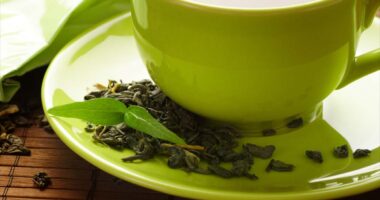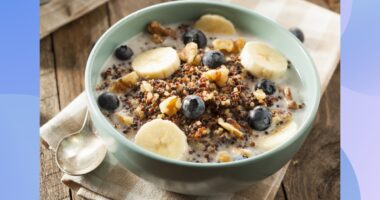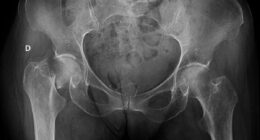
found that the risk of having a heart attack is about 37 percent higher during the winter holiday season, with people over the age of 75 and those with chronic health conditions such as heart disease or
at greater risk.
Why Holiday Season Is Fatal To Heart?
A heart attack is a serious medical emergency that occurs when the blood supply to the heart is blocked. It happens due to a combination of factors and not just a single element.
A holiday season may contribute to such factors for a few reasons. They include:
Stress — Whether it is travel stress or feeling financially exhausted from shopping for gifts during a holiday season can put a lot of strain on the brain to produce more stress hormones such as cortisol, which are bad for heart health.
Skipping medications — Busy holiday schedule may make people skip their medications. People will also forget them when they are away from home or cannot get refills promptly.
Excessive food and alcohol intake — Eating heavy meals with high fat and sugar causes blood pressure and heart rate to increase, burdening the heart and digestive systems. As a result, one may experience heartburn and chest pains that mimic heart attack symptoms. Likewise, too much alcohol intake also strains the heart to pump harder for blood supply to peripheral arteries. High salt intake can also have an immediate effect, causing fluid retention that makes the heart pump harder.
Weight gain — People are too busy to exercise during the holidays, or take a break from a routine healthy lifestyle, resulting in weight gain. This unhealthy lifestyle and weight gain have a long-lasting effect on the heart.
How to Avoid a Holiday Heart Attack?
It is important to be aware of heart attack risks during the holiday season. Follow a few simple steps advised by the American Heart Association for a happy, healthy holiday season.
Listen to body signs — Symptoms of a heart attack can mimic a heavy feeling after a big meal or rush around. Pay attention if experiencing heart attack signs like shortness of breath or chest pains, especially if these don’t occur right after eating a heavy meal. It is important to catch them early and call 9-1-1 for help. The sooner medical treatment begins, the better are the survival chances and heart damage prevention.
Celebrate in moderation — Holiday season is known for unhealthy changes in diet and higher alcohol consumption. Look for healthy food alternatives while eating and drinking in moderation, and don’t forget to watch the sodium intake.
READ RELATED: This Scary Health Issue Left Padma Lakshmi on Bed Rest for 3 Months
Take care of mental health — Reduce stress from family interactions, strained finances, hectic schedules, and other stressors that happen during a holiday season, including traveling.
Keep moving — Stay active even during a holiday season by going for a family walk or other fun activity with loved ones. The American Heart Association recommends at least 150 minutes of physical activity per week.
Take regular medications — Order medication refills and plan a doctor visit in advance to check for blood pressure, cholesterol, and blood glucose levels.
Sound sleep — Get enough sleep even during a holiday season to cope with unhealthy habits.
Avoid exposure to cold — Cold climate can raise blood pressure and slow down the flow of blood to the heart, which can lead to a heart attack. Cardiologists recommend covering the mouth and nose with a scarf to help warm the breathing air.
Be prepared for heart-healthy holidays to avoid heart attacks.
References:
- What is a Heart Attack? – (https://www.heart.org/en/health-topics/heart-attack/about-heart-attacks)
- Holiday Heart Syndrome: ‘Tis the Season for the Christmas Coronary – (https://www.aarp.org/health/conditions-treatments/info-2021/holiday-heart-syndrome.html)
- Heart attack deaths more likely during winter holiday season than any other time of year – (https://newsroom.heart.org/news/heart-attack-deaths-more-likely-during-winter-holiday-season-than-any-other-time-of-year)
Source: Medindia
Source:









